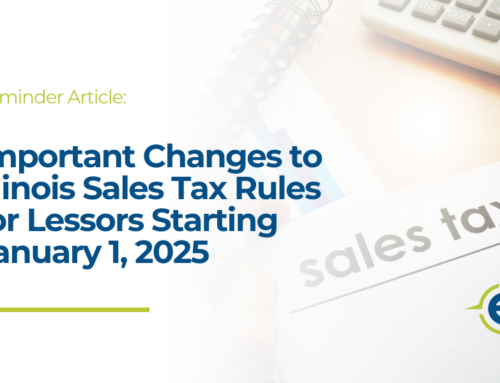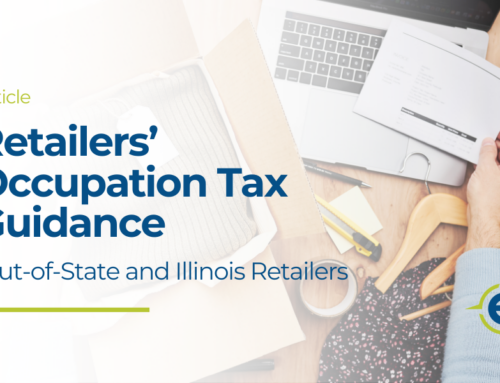How Nonprofit Boards Evolve Over Time
Change is a constant for any new nonprofit organization. As your nonprofit grows, you may expand programming, bring on more staff, serve a more extensive client base, and increase your overall impact. Throughout this journey, the role of your board of directors will also evolve. The board’s priorities, responsibilities, and composition will shift, reflecting the organization’s growth stage and mission.
Early Stages: Entrepreneurial Spirit
Initially, nonprofit boards are typically small, often consisting of founders or committed volunteers who are deeply engaged in the day-to-day operations. In this phase, boards tend to be flexible, innovative, and willing to take risks. However, even in these early days, it’s essential to establish a formal decision-making process, with important decisions documented in official meeting minutes rather than made informally.
As the organization begins to bring on paid staff, the board can start shifting away from hands-on operations and focus on governance. This is a great time to recruit new members who bring diverse backgrounds and expertise to the table. Ideally, board candidates should have at least two of the “three W’s”:
- Work: Look for reliable, proactive individuals who volunteer beyond board meetings and engage in event organization or community outreach activities.
- Wealth: Members who can contribute financially or who have access to donors are valuable assets to help meet funding goals.
- Wisdom: Seek members who possess specific knowledge or skills in areas like finance, marketing, law, or nonprofit management, enhancing the board’s strategic insight.
Growth Phase: Shifting to Governance
As your nonprofit grows, the board’s focus typically transitions from operations to strategic governance, shifting its attention to long-term planning and sustainability. While board members might still be active in certain activities, their primary responsibility should now be on policies, strategic planning, and assessment processes that guide the organization forward.
Expanding the board to include individuals with a broader range of skills can be beneficial at this stage. Former volunteers or even clients who have a strong passion for your mission can bring valuable perspectives as board members. At this stage, many nonprofits create board committees to distribute responsibilities effectively. A balanced approach might include three main committees:
- Internal Affairs: Covering areas like finance, HR, and facility management.
- External Affairs: Handling public relations, fundraising, and marketing.
- Governance: Focused on policies, by-laws, and board member recruitment.
Maturity and Stability: Emphasis on Strategy
As the nonprofit enters a mature phase, the board composition may shift to include individuals who bring not only financial support but also significant influence and expertise. A well-connected board member with a genuine interest in the mission can offer stability and strategic guidance, which are essential at this stage.
With a more established staff structure, mature organizations usually set clear boundaries between board members and staff, with the executive director acting as a liaison. At this stage, the board should take on a more prominent leadership role, overseeing strategic initiatives, policy direction, and sometimes legal or tax-related decisions that impact the organization’s future.
Staying Open to Change
Over time, some boards may become more conservative, resisting new ideas and approaches. While stability is beneficial, a board that remains open to innovation can be more effective in responding to evolving challenges. One way to ensure fresh perspectives is to institute time-limited terms for board members, giving the board a chance to welcome new ideas and diverse backgrounds regularly.
The role of a nonprofit board changes along with the organization’s growth and goals. A well-structured and flexible board can offer invaluable support and guidance through each phase. Contact us for more information on developing a board that grows with your nonprofit.







